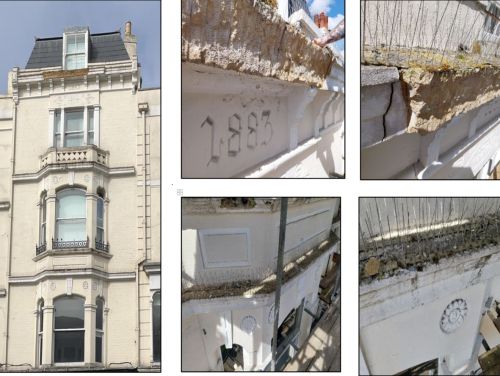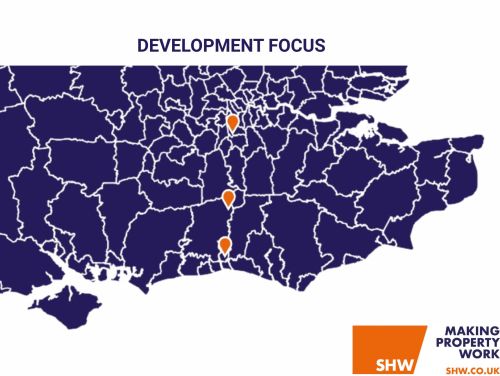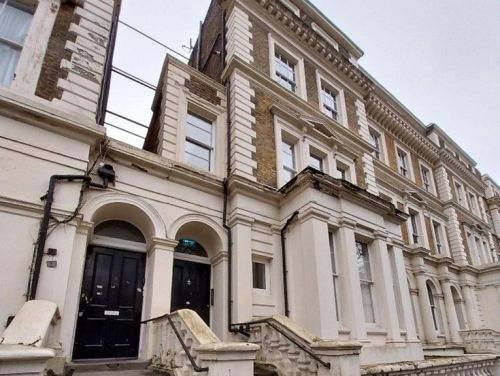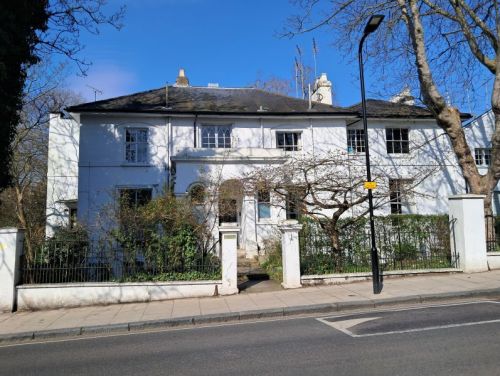6 April 2023
A Guide to MEES
ESG & Sustainability, Residential

What is MEES?
Introduced by the Energy Efficiency (Private Rented Property) (England and Wales) Regulations 2015, the Minimum Energy Efficiency Standards - or MEES for short - makes it unlawful from the 1 April 2018 to grant a lease or permit a lease renewal of a property with an EPC rating of F or G. As a result of this, the landlord is required to carry out works to improve the rating to an E or above, and possibly at their own cost to let the premises
This has been introduced by government to improve the quality of private rented buildings and reduce the overall CO2 emissions in accordance with the UKs targets for decarbonisation. From 1st April 2018, phase one of the MEES regulations came into force which has big implications for landlords of private rented property. As a result of this, it is now deemed unlawful to let properties with an Energy Performance Certificate (EPC) rating below an 'E' rating.
Legislation has now been passed to further raise the standards to a D rating by 2025, C rating by 2027 and a B rating by 2030.
Who does it affect?
The Regulation determines that a commercial or non-domestic leased premises within the private rented sector will apply to MEES. Further to guidance provided by the Department for Business, Energy & Industrial Strategy released in February 2017 a leased commercial Listed Building will apply under MEES subject to the necessary improvement works not impeding the fundamental characteristic of the building.
Why should I know about it?
Ignoring this Regulation could prove extremely costly. The penalties for breaching the legislation include fines from £5,000 or 10% of the rateable valuable up to a maximum of £150,000 applicable per non-compliance. In the event of a substantial breach, the non-compliance could be subject to an additional publication penalty. These penalties will be enforced by the Local Weights and Measures Authority for their area.
When is it important to look at this?
Acting now and being proactive will aid in actively avoiding pitfalls in the future such as rising costs for materials required to carry out recommended works to improve the rating. This will also allow time to effectively maximise your portfolio. In addition, the guidance released in February 2017 provides for 5 different scenarios where a possible exemption would result in giving the landlord relief from the Regulation for a period of 6 months or up to 5 years, subject to making an application and successful registration to the to the PRS Register of Exemption. The register has been available from the 1 April 2017.
Will I be liable to pay a fine?
If a landlord continues to let a property in breach of MEES for up to three months, they will face a fine of 10% of the property’s rateable value, up to a maximum of £50,000. Letting out a non-compliant property for longer than three months will result in a fine of 20% of the property’s rateable value (capped at £150,000).
Are there any MEES exemptions?
There are some exemptions that which will enable a landlord to let, or continue to let, a substandard property:
- A property can be exempt if it is found that efficiency measures would decrease the property’s value by 5% or more.
-‘Seven-year payback test’: you will only be required to make energy efficiency improvements that have an expected payback of seven years or less. However, many measures are likely to meet the payback test. Lighting retrofit programmes, for example, or building control systems, can typically deliver savings well within the seven-year timeframe.
-A temporary exemption of six months can be granted to new landlords. The number of properties in England and Wales with Energy Performance Certificate (EPC) ratings of F or G is estimated to be between 200,000 and 300,000.
Landlords who currently think their properties are compliant may find that upon renewal of the Energy Performance Certificate for their buildings that they are no longer compliant and therefore unable to rent out their properties.
What does Mees mean for commercial property?
In England and Wales, under the new legislation, from 1st April 2018 any commercial property that has an EPC of lower than an ‘E’ cannot be rented out to new tenants, or renew any existing tenancy contracts until at least an ‘E’ rating is obtained. From April 2023, MEES will apply to all existing commercial leases.
Who enforces MEES?
MEES regulations are enforced by local authorities.
How can SHW help me?
SHW have the knowledge, experience and understanding to assist in all aspects from arranging an EPC assessment, to project managing the recommended works, to making an application for exemption on behalf of the client.
We can also risk analyse a portfolio of properties giving advice on a strategic level for the potential to recover costs of works from a service charge to inclusion of suitable and adequate clauses within a lease to protect concerned parties.
Please don’t hesitate to contact us for further information and to discuss your options.





